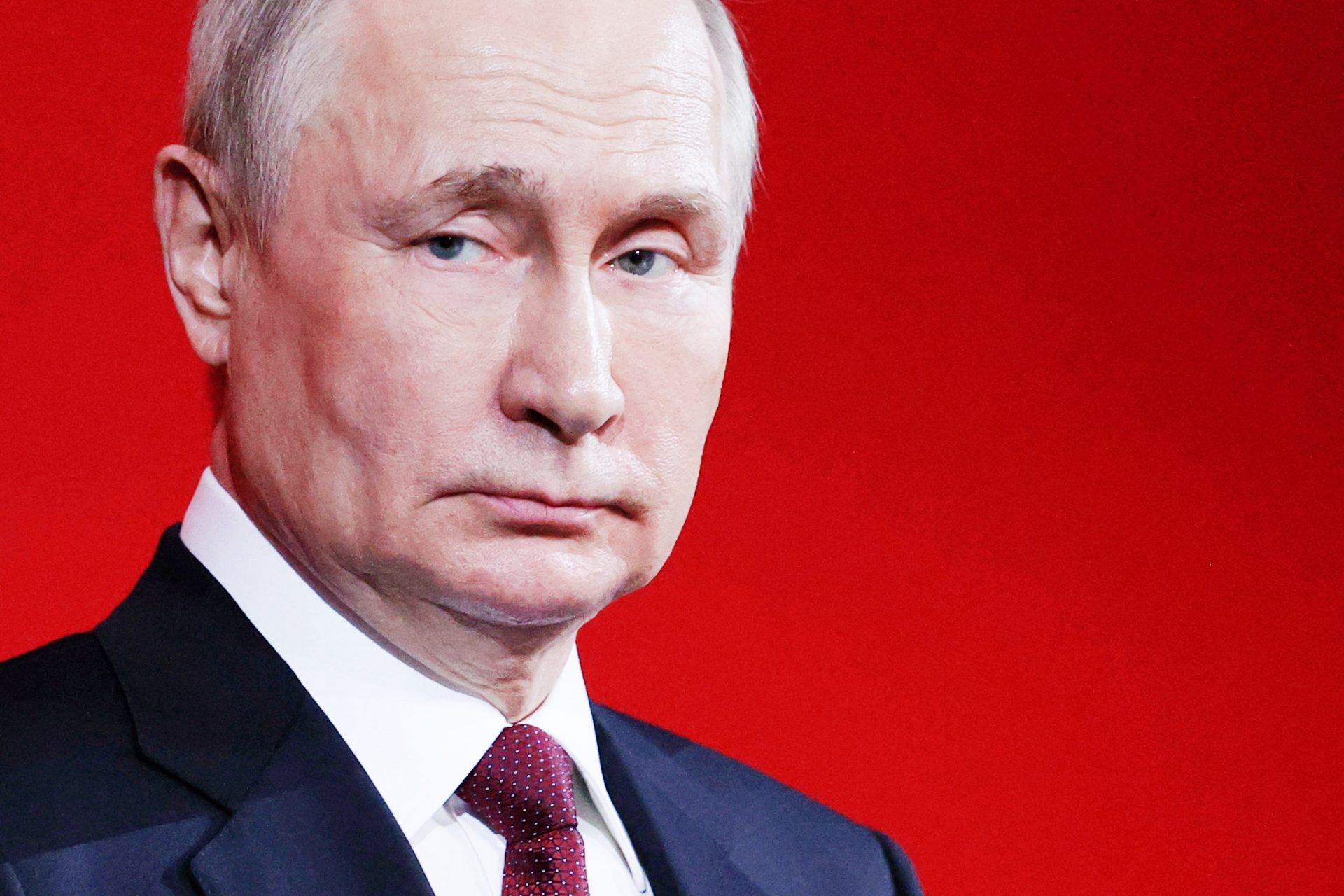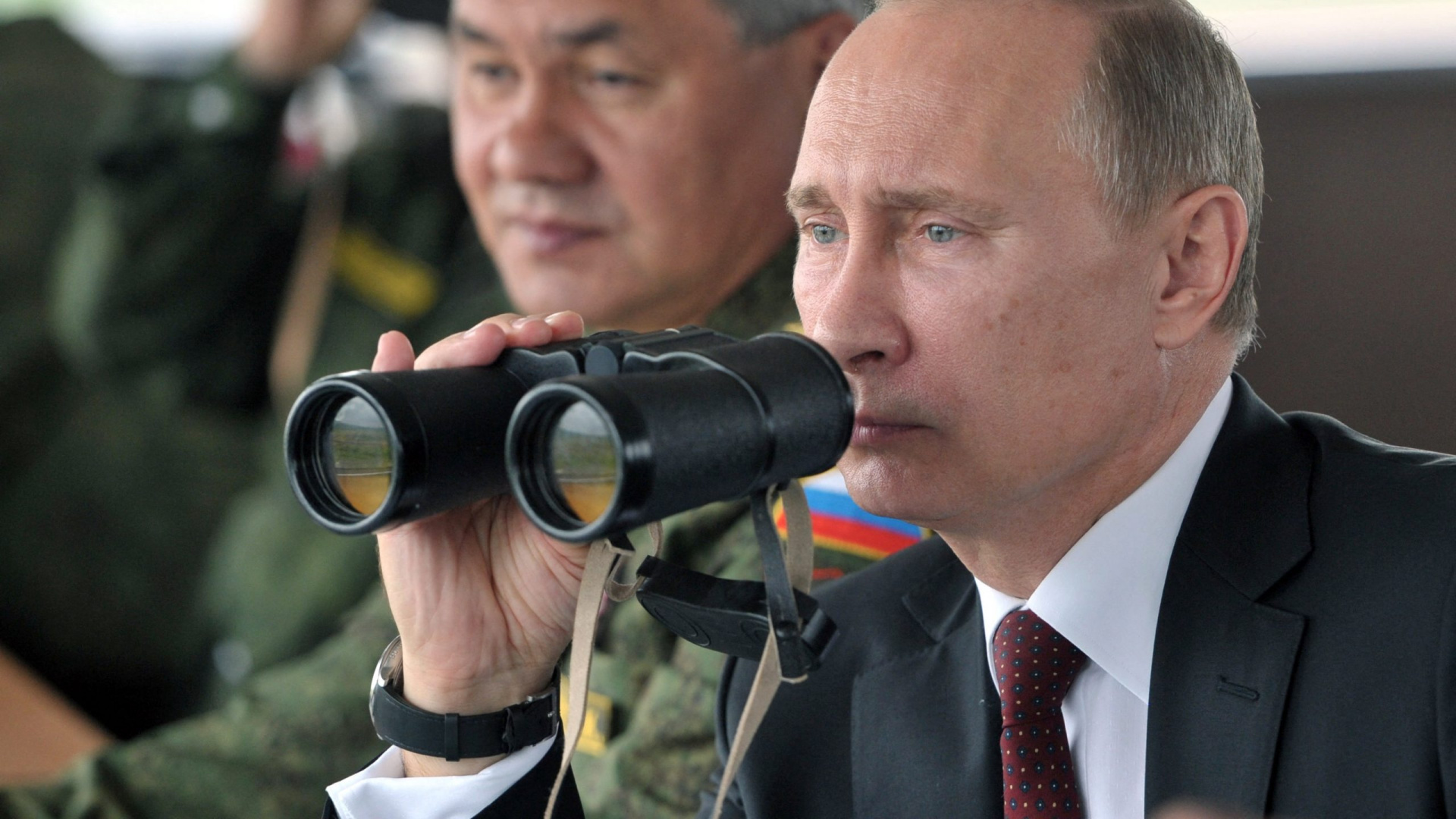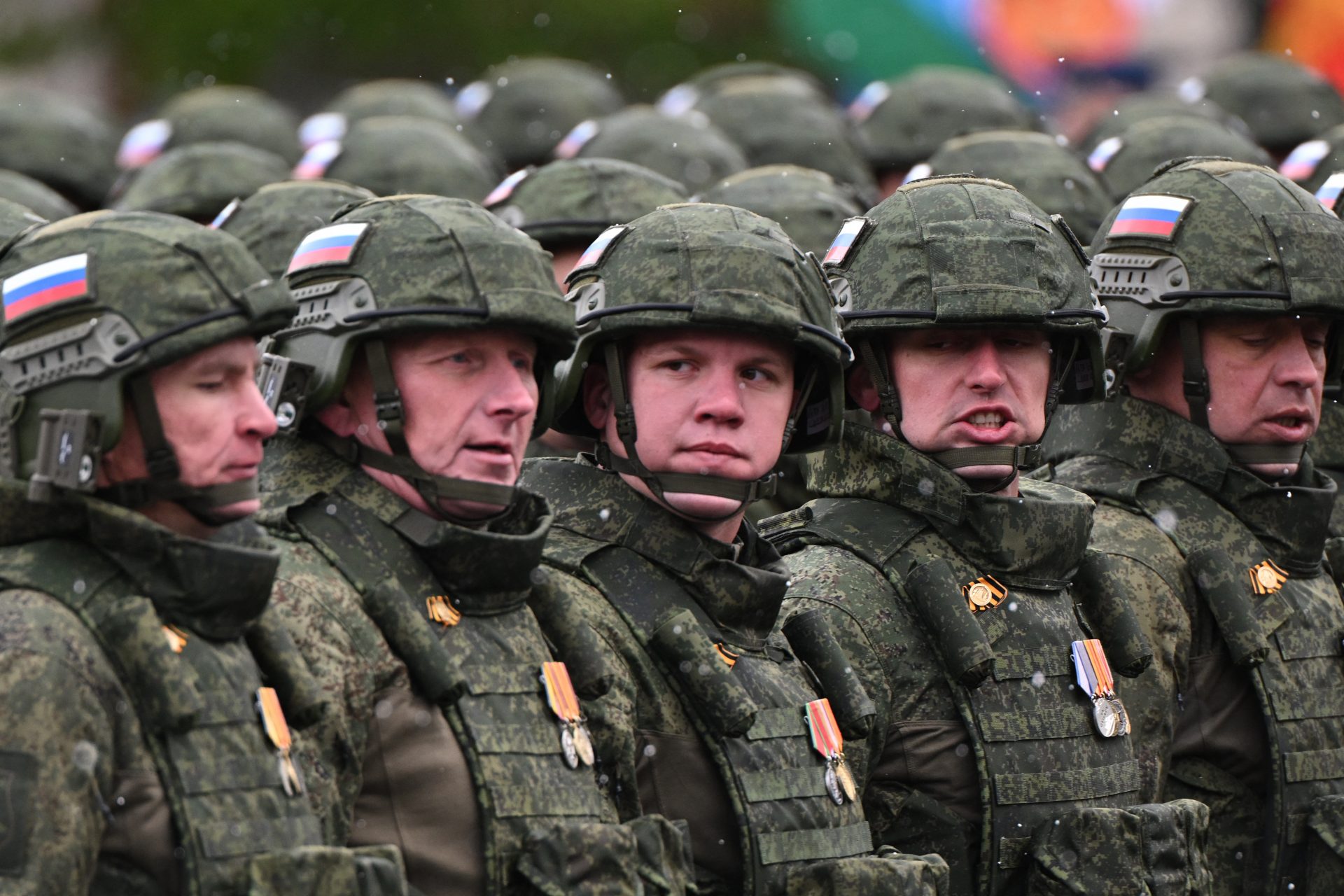How long will it take for Ukraine to join the European Union?
It's not a secret that the Russian invasion of Ukraine helped to create a closer bond between the European Union and the government in Kyiv. However, the path to EU membership is neither fast nor simple.
On June 23, 2022, the European Union granted Ukraine candidate status, the first step toward becoming a member state of the EU.
The European Commission, the executive branch of the EU headed by German politician Ursula von der Leyen, backed Ukraine’s bid after several visits to the country and government meetings.
The Russian invasion of Ukraine, back in February of 2022, played an important role in pivoting the Kyiv government toward the western bloc.
President Volodymyr Zelensky formally requested admission just a few days after the beginning of the war.
However, despite calls for Ukraine to be granted a “rapid membership”, there are still several requirements that the country needs to fulfill to become a member of the European Union.
After all, being a candidate of the EU is no guarantee of membership. Turkey has been waiting since 1999, North Macedonia applied in 2005, Serbia since 2012, and the most recent, Albania, only since 2014.
In a piece for the Council on Foreign Relations, Matthias Matthijs outlines what the Kyiv government needs to do in order to be part of the European Union.
Matthijs explains that to be granted membership of the European Union, countries have to meet the requirements of the Copenhagen Criteria, which is overall encompassed by three pillars.
First, one is political: future European Union members must be democracies that guarantee the rule of law, human rights, and the protection of minorities.
Secondly, all prospective members must have a functioning market economy that can cope with competition and market forces.
Finally, all member states have to incorporate the body of common legal rights and obligations. These laws, binding on all EU members, make up about 8,000 pages.
The thinkpiece highlights that for certain relatively new members, such as Austria, Finland, and Sweden, these criteria were relatively easy to fulfill.
However, for young democracies and emerging markets such as the ones in Eastern Europe, it might take a bit more effort.
Matthijs believes that a realistic time span for Ukraine to become a member of the European Union would be “from ten to twenty years after the war ends”.
The Council on Foreign Relations expert believes that the European Union might create a new tier, something along the lines of “associate member”, not unlike what French President Emmanuel Macron proposed in early 2022.
Matthijs writes that, for the most part, being granted candidate status is “mostly a symbolic gesture” that could create false expectations as Ukraine fights a war against Russia.
Not only that, but it would create friction by leapfrogging over other Eastern European countries that have been waiting for years, if not decades, for their membership.
According to a poll cited by the Council on Foreign Relations piece, 70% of Ukrainians expect to join the EU within the next 5 years.
Reuters highlights that if Ukraine were to join the European Union today, it would be the fifth-largest populated EU after Germany, France, Italy, and Spain. In other words, it would be one of the big boys of the group.
“Unless the EU drastically rethinks its membership admission criteria, many in Ukraine are certain to be disappointed”, writes Matthijs.
More for you
Top Stories


































